FieldStrength MRI magazine
User experiences - April 2019
Share this article:
Madrid hospital saves cost and keeps MRI systems updated with flat 4-year Technology Maximizer budget
Clinicians at Madrid’s Hospital Nuestra Señora del Rosario (HSNR Madrid) take pride in their ability to offer patients the best possible MRI scans. Keeping their three Philips MRI systems up-to-date with the latest hardware and software upgrades has helped the department maintain its reputation as a leader in MRI service quality. However, acquiring timely upgrades hasn’t always been easy due to HSNR Madrid’s annual budgeting progress. The required amount varies per year, which made it difficult to pass the budget through hospital administration. The situation has improved now that the department has taken advantage of Technology Maximizer, a Philips program for cost-effective upgrading of imaging systems through the operational budget over a four-year period.
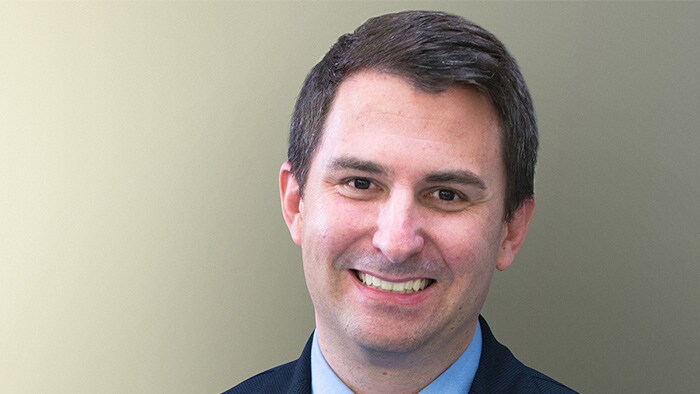
Eliseo Vañó Galván, MD, Cardiovascular radiologist, Chairman of the CT & MR Department at Hospital Nuestra Senora del Rosario and collaborating professor of Complutense University of Madrid. Dr. Vañó is board member of the Spanish Society for Cardiothoracic imaging and member of a subcommittee for the 2020 Spanish National Radiology Congress.
“It was consistently a challenge to plan for annual upgrades and predict their costs”
Technology upgrades, on time and on budget
Professor Eliseo Vañó Galván, MD, and his colleagues at HNSR Madrid have had a keen interest in keeping their Ingenia 3.0T, Ingenia 1.5T and Achieva 1.5T MRI systems at the cutting edge. Regularly upgrading their Philips MRI hardware and software allows them to continually offer the most current diagnostic and operational capabilities.
“When we make an important investment such as the acquisition of a new MRI system, we want to make sure that it will continuously be updated,” Dr. Vañó says. “For us, the most important thing is the quality of the service we provide to patients and referrers. Having the latest technology certainly helps us to do so, but it was consistently a challenge to plan for annual upgrades and predict their costs.”
This difficulty in forecasting costs of periodic upgrades and newly released innovations for MRI makes precise budgeting and investment planning immensely difficult for the department and for the hospital. “This issue caused a lot of distress in the past,” he adds.
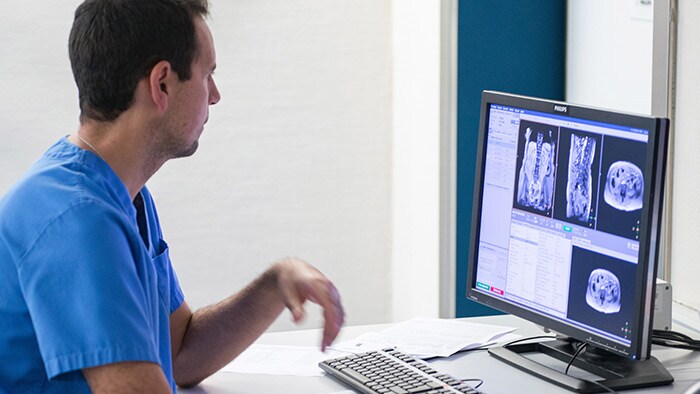
With the service program Technology Maximizer, Philips offered HNSR Madrid a way to avoid yearly budget hassles by providing predictability in upgrade costs over multiple years. This allows the department to maintain a leading position with a high level of performance capabilities, through timely upgrades of their MRI systems.
Convenient, hassle-free upgrade schedule makes life easier
During the period 2015-2018, the yearly upgrade expenses for MRI systems fluctuated significantly in the CT & MR Department at HSNR Madrid, and upgrades could not be implemented every year.
Then in 2018, the department adopted Technology Maximizer for its three MRI systems as well as for its IntelliSpace clinical review and analysis portal.
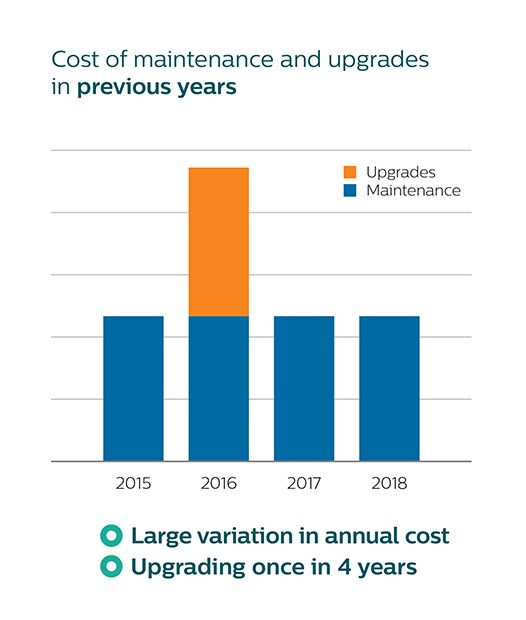
With Technology Maximizer, the budget for 2019-2022 calls for equal yearly expenditures (i.e., fee) for the contract period and more regular upgrades. The diagrams below compare total cost for all three MRI systems.
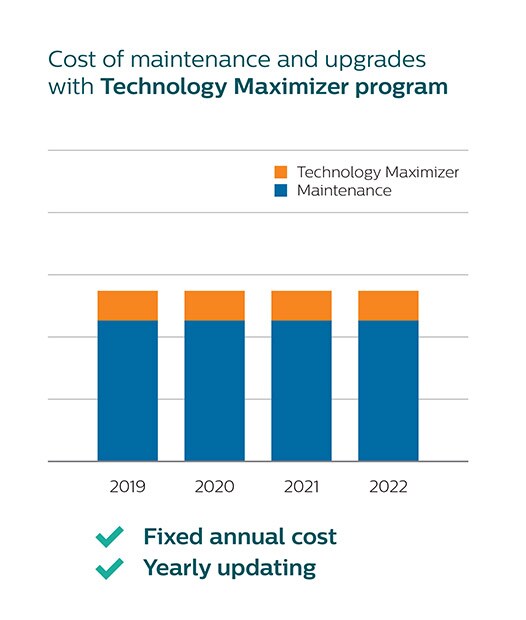
Convenient, hassle-free upgrade schedule makes life easier
During the period 2015-2018, the yearly upgrade expenses for MRI systems fluctuated significantly in the CT & MR Department at HSNR Madrid, and upgrades could not be implemented every year.
Then in 2018, the department adopted Technology Maximizer for its three MRI systems as well as for its IntelliSpace clinical review and analysis portal.
With Technology Maximizer, the budget for 2019-2022 calls for equal yearly expenditures (i.e., fee) for the contract period and more regular upgrades. The diagrams below compare total cost for all three MRI systems.


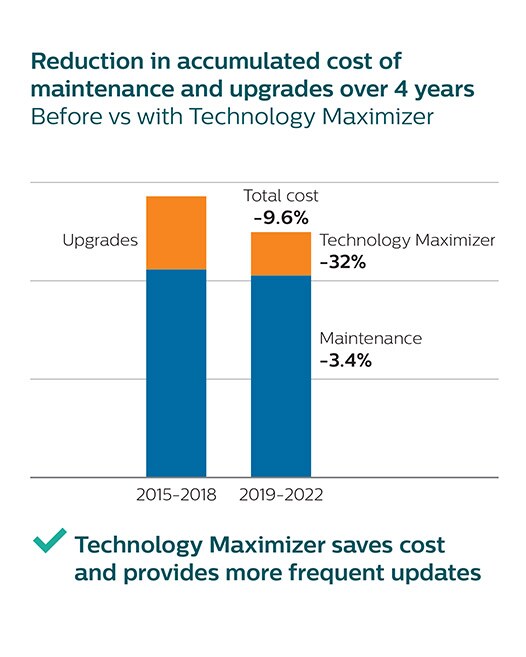
Note, also, that under the Technology Maximizer contract, the department will save more than 80,000 Euros compared to the previous four-year period.
Since entering into the Technology Maximizer service program, Dr. Vañó’s concerns about planning and budgeting for MRI upgrades have virtually evaporated.
“Clearly, the biggest advantage that Technology Maximizer brings us is cost efficiency and better predictability,” he says. “It allows us to continually stay up-to-date while saving costs. Instead of having to constantly plan for it, the budget for technological updates is now well defined for the next four years. All of the MR systems’ updates are included, which means we can potentially save money that we can use later on for reinvesting in new technology.”
“Clearly, the biggest advantage that Technology Maximizer brings us is cost efficiency and better predictability”
"Thanks to Technology Maximizer, we can now continue to have the latest versions of software for all of our MRI systems”
Harmonized user interfaces ease operational processes
Having all three MRI systems updated to the latest release also benefits the department’s operational processes, according to Dr. Vañó.
“When we acquired our newest MRI system, we updated all our MRI systems to the latest software release and this effectively standardized the user interfaces of all operator’s consoles,” he says. “We then saw an enormous impact on the learning curve; there was practically none – our technologists could begin operating immediately. Instead of going through a progressive learning curve of two or three weeks, we began operating at 90 to 100 percent the next day.”
“Thanks to Technology Maximizer, we now know we can continue to have the latest versions of software for all of our MRI systems. As a result, our technologists will find a consistent user interface regardless of which system they’re operating. All three MRI systems are easy to manage because we can cut-and-paste protocols in all of them. And when technologists shift from one MRI to another, they can’t tell the difference – if a technologist can operate one system, he or she can use them all.”
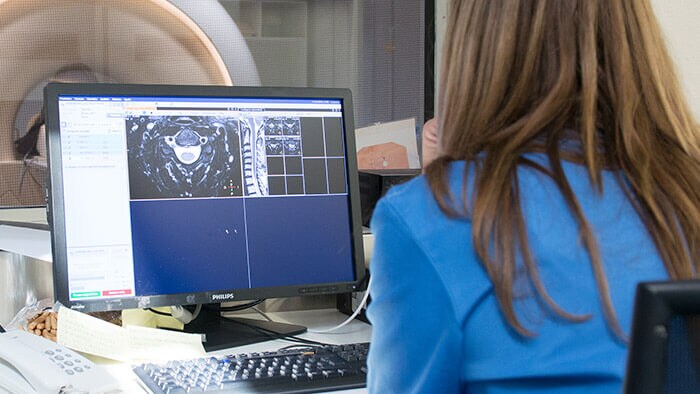
“All three MRI systems are easy to manage because we can cut-and-paste protocols in all of them ”
Streamlined budget planning to keep systems up-to-date
Technology Maximizer also supports the imaging department’s goals and mission, as timely system updates relate to the quality of patient care and department performance, Dr. Vañó says.
“With the Technology Maximizer program, we benefit from improvements immediately with each successive update. This gives us the confidence that we always have state-of-the-art technology and that we can offer patients the best services we can at all times. We establish productivity goals in our department such as throughput and scan times. If there are no exceptional circumstances, those goals are met.”
"It gives us the confidence that we’re offering patients the best services we can at all times”
“Within our reach are the most recently released advanced tools that allow us to deliver well-presented and clear information to referring specialists. It’s a source of pride and prestige, but in the end, it also impacts patients and how they’re treated. We believe that having the latest innovations continuously at our disposal, most certainly brings more patients to the hospital.”
“By streamlining the upgrade planning and budgeting process and maintaining our systems at the highest technological level, as well as standardizing the systems for easy use, Technology Maximizer makes our lives easier.”
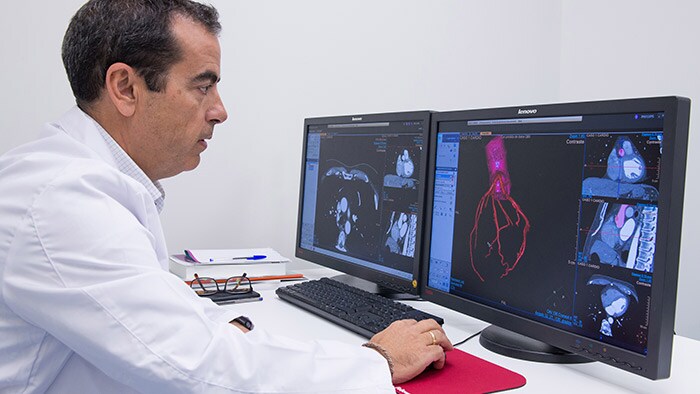
"Technology Maximizer makes our lives easier”
Benefits that HNSR Madrid notes for Technology Maximizer:
• Overall cost savings for upgrades • Predictable cost up to four years ahead • Staying current without annual budget hassle • Continually able to improve workflow with latest features • Able to offer state-of-the art MRI to patients and referrers • Staying up-to-date helps attract patients
• Maintaining state-of-the-art technology
Results from case studies are not predictive of results in others cases. Results in other cases may vary.
Technology Maximizer provides fixed fee-based upgrades
A program that runs in tandem with the Philips RightFit Customer Service Agreement*, Technology Maximizer offers Philips equipment users the latest available software and hardware releases for a fraction of the cost of purchasing them individually. For an annual subscription fee over a four-year period, Technology Maximizer allows facilities to update all Philips imaging systems to the same release level**, reducing operational complexity and simplifying lifecycle management.
Technology Maximizer: Stay clinically advanced, maximize imaging investments
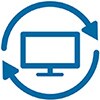
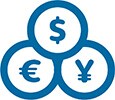

* Eligible RightFit service agreements are available with Maximizer depending on the region. ** Eligible release level depends on system configuration and region.
Share this article:
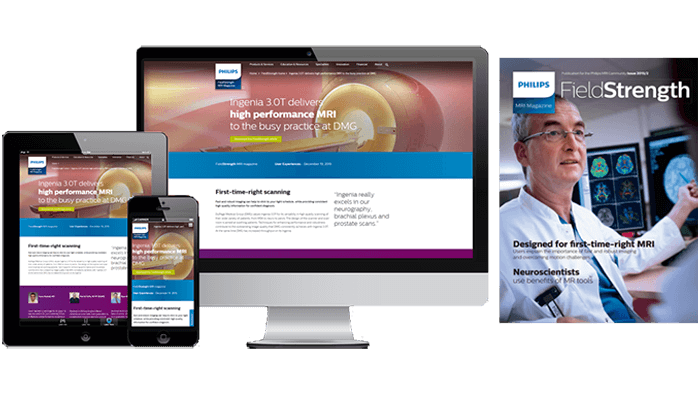
Subscribe to FieldStrength
Our periodic FieldStrength MRI newsletter provides you articles on latest trends and insights, MRI best practices, clinical cases, application tips and more. Subscribe now to receive our free FieldStrength MRI newsletter via e-mail.
Stay in touch with Philips MRI


Related information

